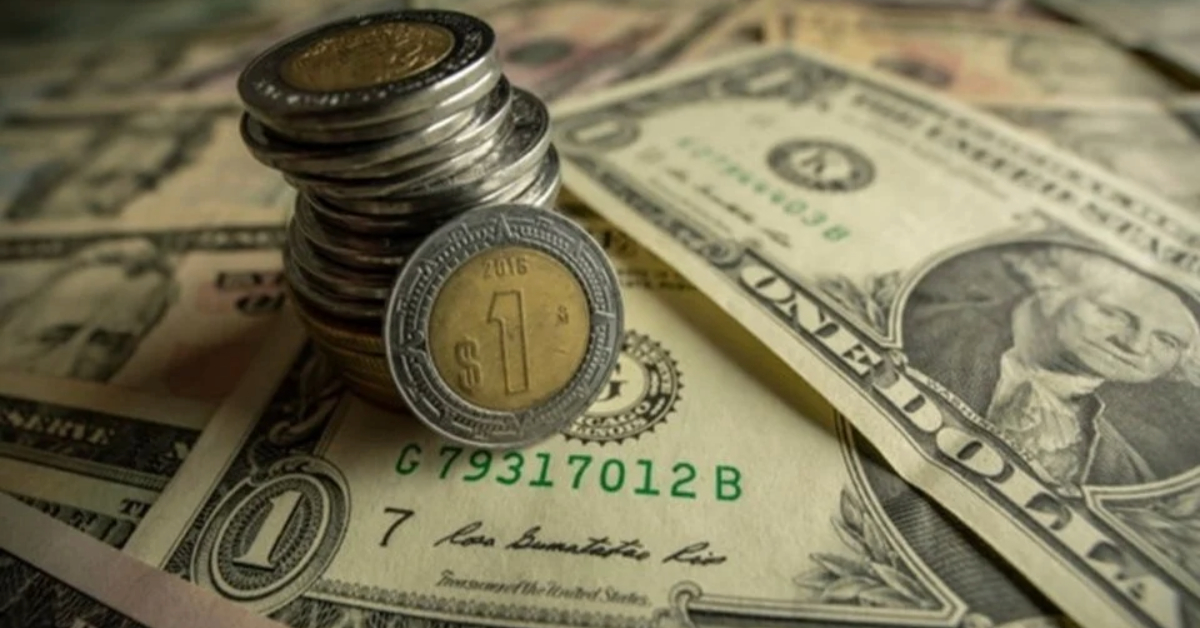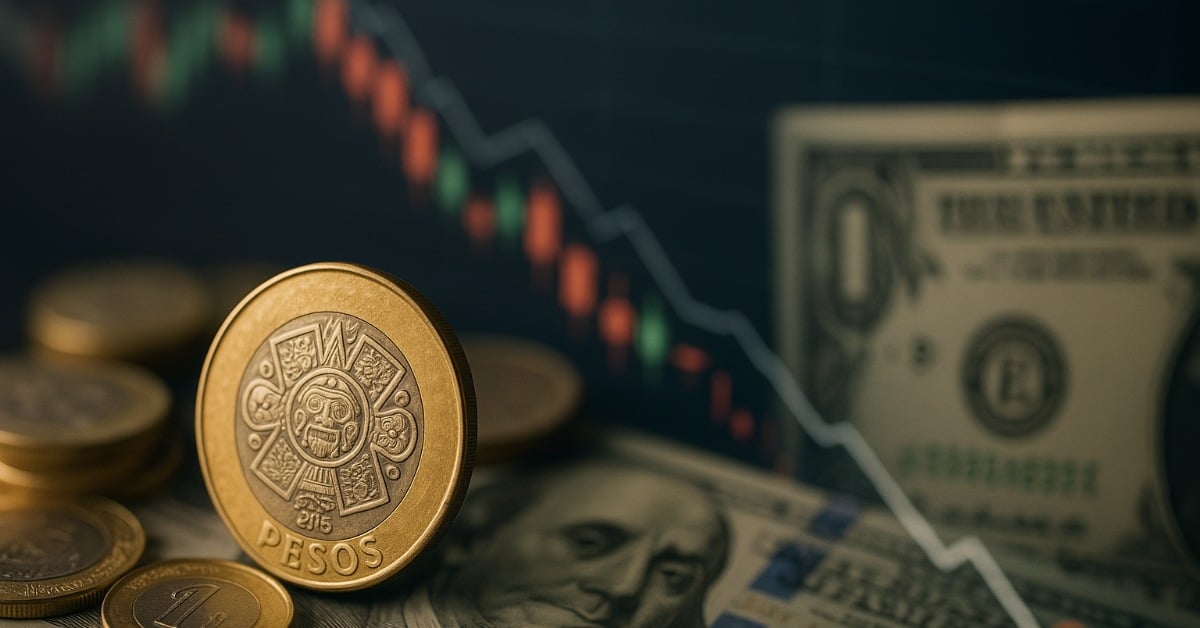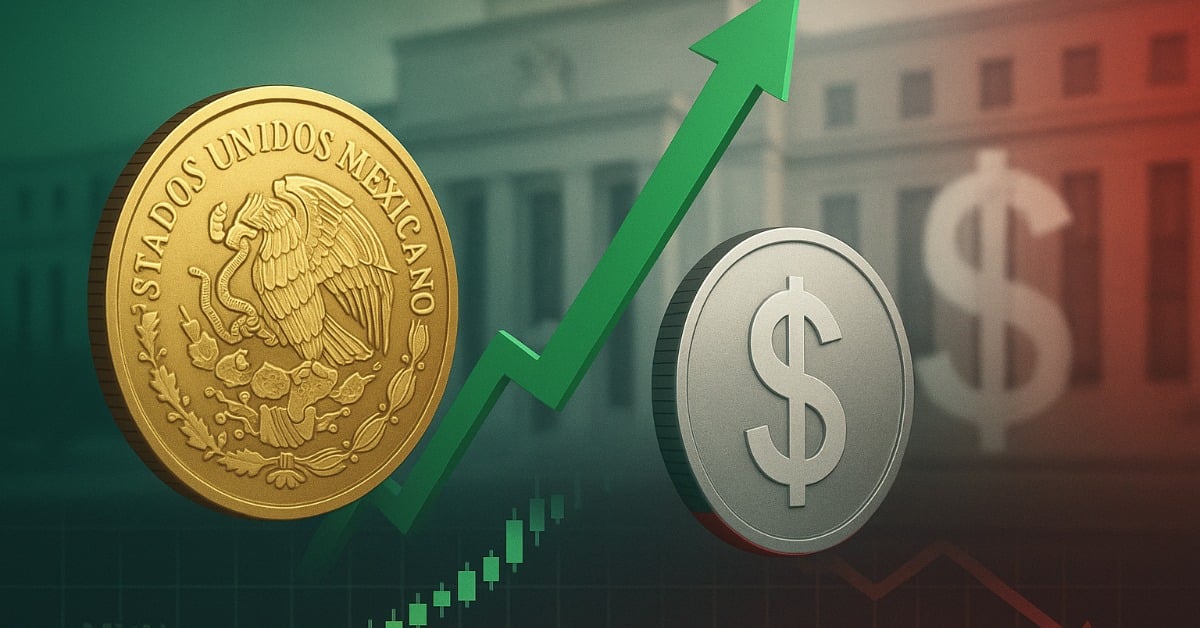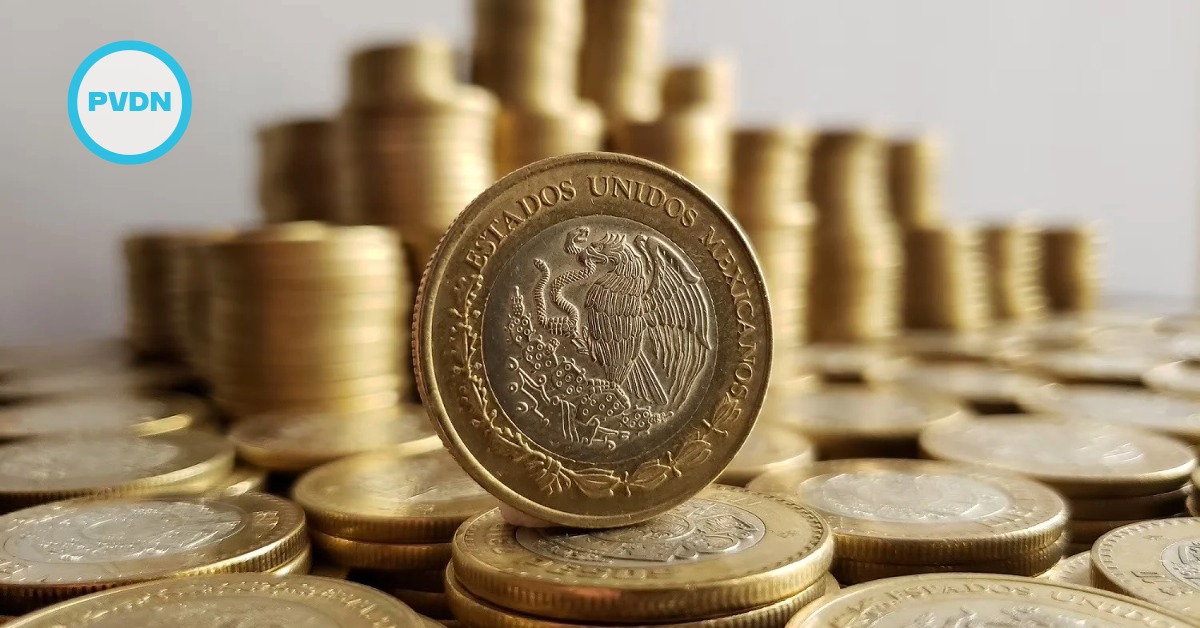Puerto Vallarta, Mexico - The Mexican peso faces a potential 12% devaluation if the United States imposes 25% trade tariffs on Mexican goods this weekend, according to a report from investment bank JPMorgan. However, analysts noted that such a drastic measure is expected to be postponed, framing the tariff threats as a negotiating strategy by former President Donald Trump to leverage discussions with Mexico.






